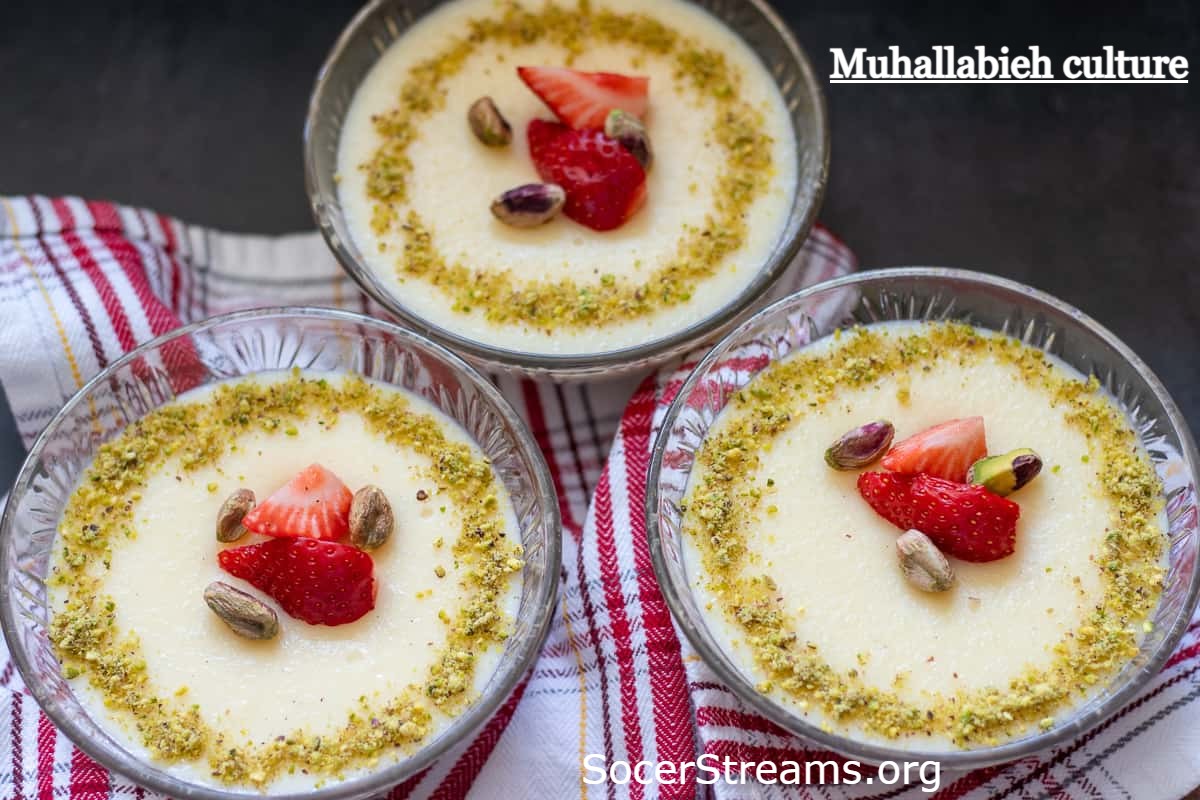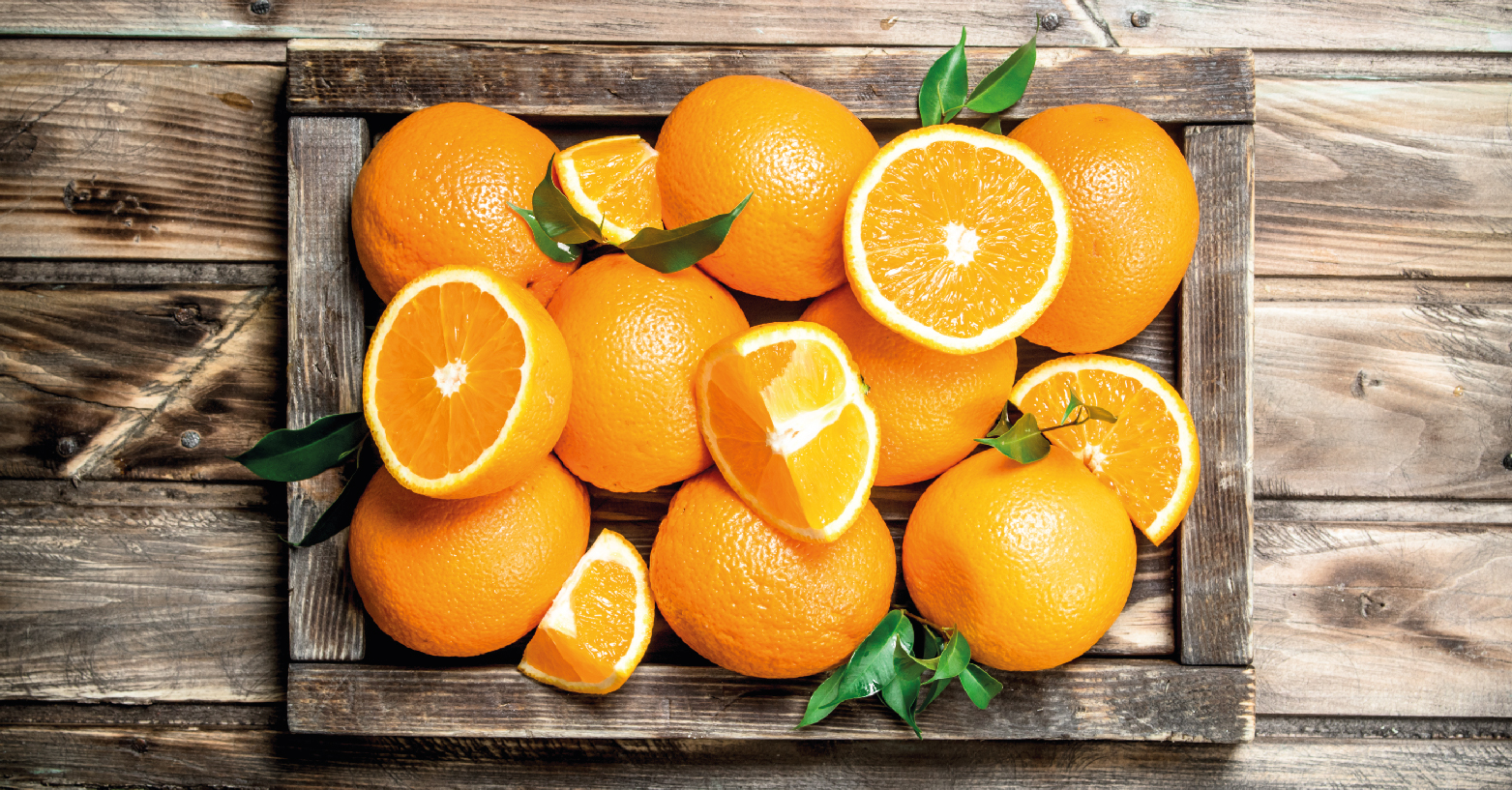
Introduction
The Muhakabieh culture is interesting, yet quite unknown, compared to other forms of Middle East cultures. A vibrant culture, well-founded on traditions from ancient ages, expresses powerful affiliation with the values of a community, family ties, hospitality, and the arts.
If you find the unique tradition that embodies Muhakabieh, please find the information that follows explaining the history, importance, and its continued existence today.
What is Muhakabieh Culture?

Muhakabieh Culture refers to the traditions, customs, and way of living among the people of Muhakabieh, found in the majority of the regions in the Middle East, mainly Lebanon, Syria, and Palestine.
This is because of historical experience over hundreds of years which, through interaction between religious views, community principles, and cultural wealth, helped the Muhakabieh people shape these practices to the present times.
History Behind Muhakabieh Culture
The culture of Muhakabieh comes from the ancient Middle East. In fact, the people of Muhakabieh have developed and evolved through several historical events, migrations, and contact with the surrounding communities.
However, despite the many changes over time, the Muhakabieh people have been able to keep up their culture by maintaining oral history, rituals, and community practices.
Key Values of Muhakabieh Culture
Respecting elders, strengths of family bonds, and loyalty to the community are very powerful core values within Muhakabieh culture. Such values are inherited from generation to generation and can be seen through the everyday life of the people residing in Muhakabieh.
Uniformity and social cohesion are very much acknowledged throughout all spheres of life, whether it be within family meetups or religious gatherings.
Language and Dialect in Muhakabieh Culture

The Muhakabieh people have a dialect of Arabic that is characterized by its historical background from the local and broader Arab world in language.
Since the language forms the culture, custom, songs, and folklores, therefore, the custom, songs, and folklores are communicated in this language. The Muhakabieh dialect emotionally and culturally carries lots of expressions in terms of poetry and storytelling.
Role of Family in Muhakabieh Culture
Family is at the heart of Muhakabieh culture. The family unit is considered to be the back bone of society, and the elderly are admired and respected. Their wisdom is treasured.
For the most part, family members live near each other. Family ties are very close and form the central theme of everyday life. Important events such as weddings, births, and funerals are very celebrated within the family framework, making the relationships even more important.
Hospitality: The Essence of Muhakabieh Culture
The core characteristic of Muhakabieh culture is hospitality. The guests are given the maximum respect, and they are always hosted with food, drinks, and shelter.
These practices are not done or performed to become part of the norm but are a sign of depth sincerity and respect for one’s fellow human beings. The sharing of meals and conversing over dinner is an important part of social lives.
Cuisine Traditions of Muhakabieh Culture
Food has a very unique position in the Muhakabieh culture because traditional dishes are handed down from one generation to the next. Most of the ingredients used in cooking are local in the region like olives, lamb, and wheat.
The other popular foods include kebabs, tabbouleh, and different kinds of stews. What makes food preparation peculiar is that it is always a group activity among the family members in preparing and sharing meals.
Muhakabieh Art and Craftsmanship
In the culture of Muhakabieh, art and craftsmanship are evident. Traditionally, there are art forms that have been employed through pottery, embroidery, and wood carving, which are utilized in making utensils, clothes, and furniture in everyday life but in doing so, it is also a form of narration.
These art forms always symbolize something about the history of the community or some very significant cultural symbol.
Music and Dance in Muhakabieh Culture

Music and dance form essential parts of Muhakabieh culture. Traditional songs are used for narrating stories or their narration when special events call for importance, which is most often done to the accompaniment of oud and darbuka. Folk dance is put in place for the celebrations and festivals.
This represents intricate movements as symbolic to all the beauty and beauty of the culture. The use of music and dance reflects joy, community, and pride for one’s heritage.
Religion and Spirituality in Muhakabieh Culture
Religion is very closely interwoven with Muhakabieh culture. It affects daily life, holidays, and social partnerships.
Most of the Muhakabieh people follow Islam or Christianity, religious beliefs unite the people, and most customs are led by them. Religious festivals like Ramadan, Easter, and Christmas create community gatherings, specific foods, and prayers that reinforce the spiritual tie within the culture.
Festivals and Celebrations in Muhakabieh
Festivals are the central part of Muhakabieh community life whereby families and communities get an opportunity to come together in celebrations over values and traditions.
Usually, most festivals fall on religious or agricultural cycles and contain the elements of music, dance, feasting, and rituals. Festivals mark the time when the harvest is due, a family is celebrating its birth anniversary or is remembering a religious festival. Festivals are a collective social identity.
The Culture of Muhakabieh in a Globalized World
The current globalized world has its way of addressing issues about preserving the Muhakabieh culture and the originality of its traditions.
This is the reason why Muhakabieh learned how to live their life without losing what makes their culture unique. These are preserved in festivals, education, and in the initiative within the community for the next generations to remember its culture.
Muhakabieh Culture Impact on the International Arena
The Muhakabieh culture is yet to be widespread, but when the diaspora grows, then it starts affecting other parts of the world.
Traditions carried by Muhakabieh people dwelling abroad are exchanged with the world at large by cultural practices and food; therefore, cross-cultural exchange has given much to the communities around the world in diversity and richness of global culture.
How to Try Muhakabieh Culture
There is a rich experience of Muhakabieh culture found in the Middle Eastern regions. Among these places are parts of Lebanon, Syria, and Palestine.
A good way of enjoying this culture is through participating in local festivals and then appreciating the food. Other ways of experiencing the culture include cultural heritage sites. Many cultural exhibitions and events are held abroad to celebrate the history and artistry of Muhakabieh culture.
Conclusion
It is a great testament to the beautiful endurance and power of traditions, communities, and strength- this rich Muhakabieh history. Muhakabieh heritage remains so powerful due to richly lived culture through strong arts, and well-strong family values.
For those values in it to stand firm through cultural identities around the Middle East, as a rich identity appreciated in today’s day, people, it seems very apparent that their customs shall carry their name forth with new generations around both worlds and even inside them.

















